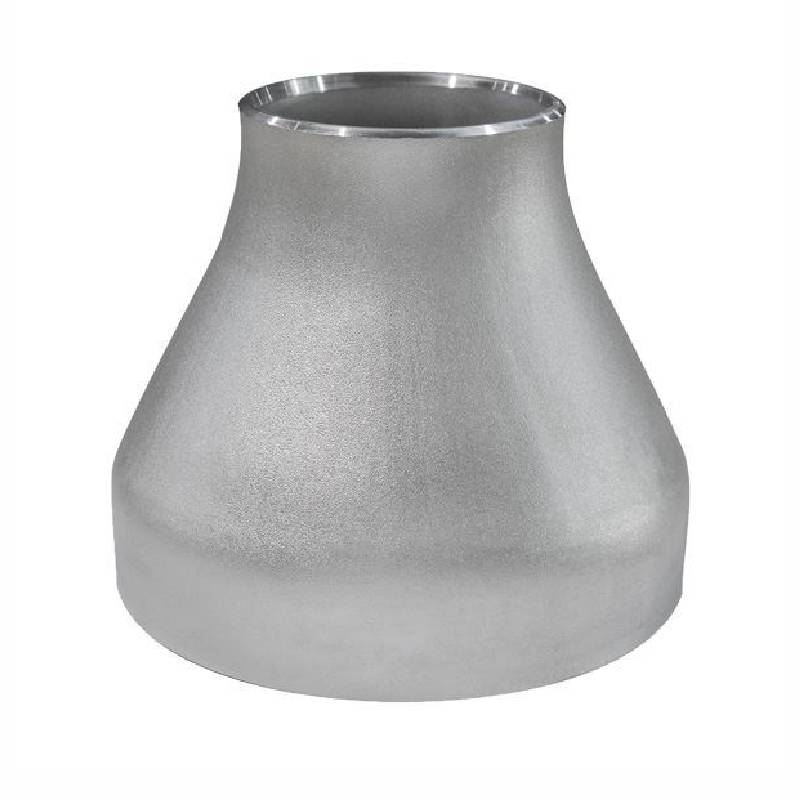-
Cangzhou Yulong Steel Co., Ltd.
-
Phone:
+86 13303177267 -
Email:
admin@ylsteelfittings.com
- English
- Arabic
- Italian
- Spanish
- Portuguese
- German
- kazakh
- Persian
- Greek
- French
- Russian
- Polish
- Thai
- Indonesian
- Vietnamese
- Zulu
- Korean
- Uzbek
- Hindi
- Serbian
- Malay
- Ukrainian
- Gujarati
- Haitian Creole
- hausa
- hawaiian
- Hebrew
- Miao
- Hungarian
- Icelandic
- igbo
- irish
- Japanese
- Javanese
- Kannada
- Khmer
- Rwandese
- Afrikaans
- Albanian
- Amharic
- Armenian
- Azerbaijani
- Basque
- Belarusian
- Bengali
- Bosnian
- Bulgarian
- Catalan
- Cebuano
- China
- China (Taiwan)
- Corsican
- Croatian
- Czech
- Danish
- Esperanto
- Estonian
- Finnish
- Frisian
- Galician
- Georgian
- Kurdish
- Kyrgyz
- Lao
- Latin
- Latvian
- Lithuanian
- Luxembourgish
- Macedonian
- Malgashi
- Malayalam
- Maltese
- Maori
- Marathi
- Mongolian
- Myanmar
- Nepali
- Norwegian
- Norwegian
- Occitan
- Pashto
- Dutch
- Punjabi
- Romanian
- Samoan
- Scottish Gaelic
- Sesotho
- Shona
- Sindhi
- Sinhala
- Slovak
- Slovenian
- Somali
- Sundanese
- Swahili
- Swedish
- Tagalog
- Tajik
- Tamil
- Tatar
- Telugu
- Turkish
- Turkmen
- Urdu
- Uighur
- Welsh
- Bantu
- Yiddish
- Yoruba

Dec . 12, 2024 09:42 Back to list
weld tube fittings
Understanding Weld Tube Fittings A Comprehensive Overview
Weld tube fittings are an essential component in fluid and gas delivery systems, widely used in various industries, including chemical processing, oil and gas, pharmaceuticals, and food and beverage. These fittings offer a reliable method for connecting pipes and tubes, ensuring leak-proof and robust junctions that can withstand high pressures and temperatures. In this article, we will explore the design, applications, advantages, and considerations surrounding weld tube fittings.
What are Weld Tube Fittings?
Weld tube fittings are metal connectors that join segments of pipe or tubing through the welding process. They are designed with specific geometries to facilitate joining methods such as TIG (Tungsten Inert Gas) or MIG (Metal Inert Gas) welding. Typically manufactured from materials like stainless steel, carbon steel, and other alloys, weld fittings are engineered to provide structural integrity in demanding environments. Common types include elbows, tees, reducers, and caps, each designed for different configurations and purposes.
Applications of Weld Tube Fittings
Weld tube fittings are utilized in a multitude of settings, thanks to their strength and adaptability. In the oil and gas sector, they play a critical role in pipeline construction, ensuring secure connections capable of handling high pressures. In the chemical industry, these fittings are essential for transporting corrosive materials, where the integrity of the fitting can impact safety and efficiency.
In food and beverage processing, weld fittings are crucial for maintaining hygienic conditions. The smooth surfaces of welded joints prevent the accumulation of bacteria and facilitate easier cleaning, aligning with stringent industry standards. Furthermore, the pharmaceutical industry relies heavily on weld tube fittings for sterile product lines, where contamination control is paramount.
Advantages of Weld Tube Fittings
1. Leak-Free Connections One of the primary benefits of weld tube fittings is their ability to create leak-proof seals. When properly welded, these fittings minimize the risk of leaks, which is especially critical in high-pressure applications.
2. Strength and Durability Welded joints exhibit superior strength compared to threaded or flanged connections. This means they can withstand greater stresses and are less likely to fail over time.
3. Versatility Weld tube fittings can be used in a variety of applications across multiple industries. Their compatibility with different pipe materials allows for flexible system designs.
weld tube fittings

4. Cost-Effectiveness Although the initial installation might be more labor-intensive than other connection methods, the long-term reliability and reduced maintenance needs can lead to lower overall costs.
5. Resistance to Corrosion Many weld tube fittings are made from corrosion-resistant materials like stainless steel, enhancing their lifespan in harsh environments.
Considerations when Choosing Weld Tube Fittings
When selecting weld tube fittings, several factors must be considered to ensure optimal performance
- Material Compatibility It’s essential to choose the right material that matches the fluid being transported. Considerations include temperature, pressure, and chemical compatibility to avoid corrosion or failure.
- Welding Method The type of welding technique used can impact the quality of the joint. Understanding the differences between methods such as TIG and MIG can help in selecting the appropriate process based on the application requirements.
- Standards and Regulations Be aware of industry standards and regulations governing the use of weld fittings, especially in sectors like pharmaceuticals and food production. Adhering to these standards ensures safety and compliance.
- Size and Configuration The size and design of the fittings should align with system specifications to ensure proper flow rates and pressure ratings.
Conclusion
Weld tube fittings play a crucial role in many industrial applications. Their ability to create secure, durable, and leak-proof connections makes them indispensable in various sectors. As industries evolve, the demand for reliable and efficient fluid handling systems continues to grow, and understanding the intricacies of weld tube fittings will lead to better design choices and enhanced system performance. Ultimately, investing in quality fittings ensures safety, efficiency, and longevity in any application. Whether in the chemical, oil and gas, pharmaceutical, or food and beverage industries, weld tube fittings are a pivotal component driving operational success.
Latest news
-
ANSI 150P SS304 SO FLANGE
NewsFeb.14,2025
-
ASTM A333GR6 STEEL PIPE
NewsJan.20,2025
-
ANSI B16.5 WELDING NECK FLANGE
NewsJan.15,2026
-
ANSI B16.5 SLIP-ON FLANGE
NewsApr.19,2024
-
SABS 1123 FLANGE
NewsJan.15,2025
-
DIN86044 PLATE FLANGE
NewsApr.19,2024
-
DIN2527 BLIND FLANGE
NewsApr.12,2024
-
JIS B2311 Butt-Welding Fittings LR/SR 45°/90° /180°Seamless/Weld
NewsApr.23,2024











